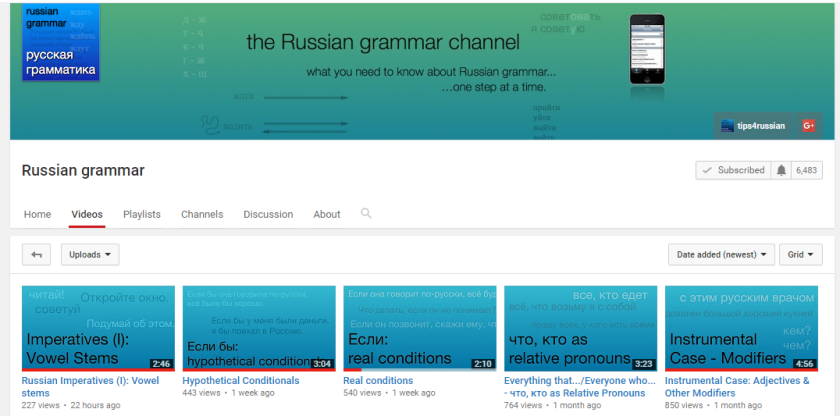I bought this book in February, when I saw it in дом книги, the House of Books (Singer’s) . It’s Barron’s 501 Russian verbs (Amazon link) I use it almost every day now, to check verb conjugations and aspects. I’ve yet to find a verb I need which is not in the book – I guess I am still at that stage where I need the most common verbs!
I haven’t counted to see if there really ARE 501 verbs, but there are a hundred at the end in a separate section ‘Verbs for the 21st Century’, so I might be getting a hundred extra free! That section is particularly interesting because so many of them are recognisable with their Latin roots and almost all of them end in овать or ировать.
Of the original 501, you get the imperfective and the perfective aspects, the full conjugations, plus some useful phrases. I find the book useful as a quick reference, especially for checking the forms of certain persons and it is much quicker to look up verbs I don’t know in this book –which only has verbs – as opposed to my Big Dictionary which has a lot other words in too 🙂
The book also has exercises to practise the verbs. They start with simple exercises and get gradually harder. There are also some wordsearches if you get tired of finding the endings, and a couple of ‘Fun with idioms’ activities as wel.
I also like the paper! It is quite thin and promotes itself as “printed on partially recyledd paper”. There are 686 numbered pages in the book (plus xxvi in the introduction) and I really get the feeling I am leafing through a major tome of knowledge and wisdom, of which it is a privilege to be a part.
однажды, One Day, I might just know more than a handful of the verbs in this book. One day, однажды..







